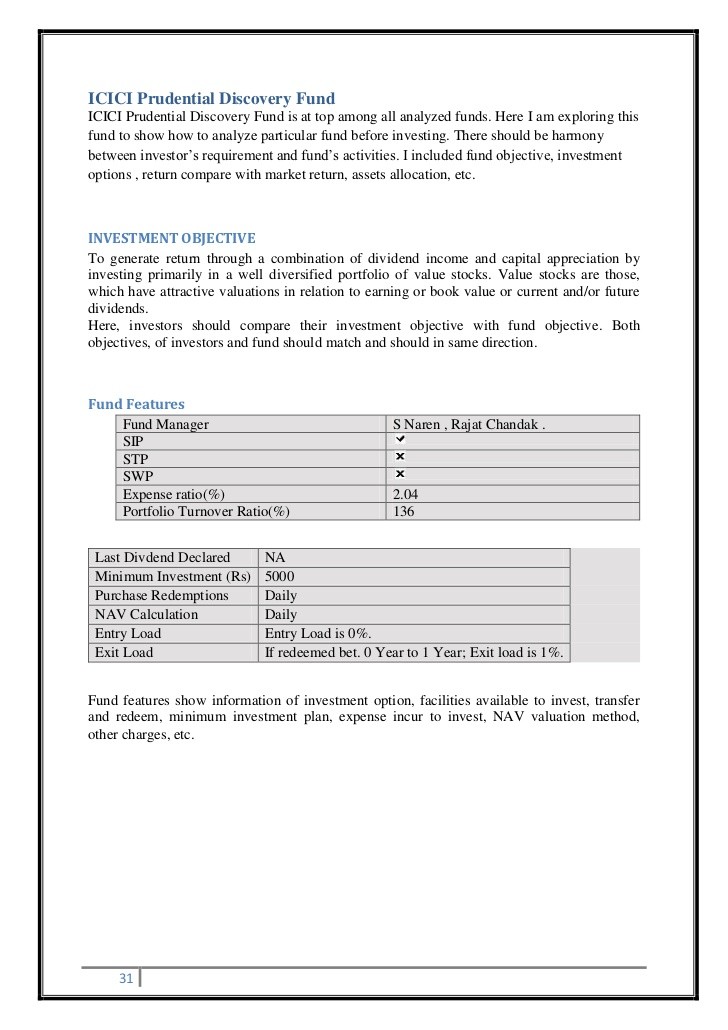Evaluating An Investment In Equity Shares
Post on: 9 Май, 2015 No Comment

In the introduction phase of this research report the author states what is required to be researched and describes the methods as to how the research will be conducted and how the information was gathered and the individuals consulted to determine factors that effect individual and institutional investors of the Colombo Stock Exchange (CSE).
In the next phase the author provides theories that explains the following in detail,
Individual Investor
Institutional Investor
Fundamental Analysis (FA)
Technical Analysis (TA)
Further, the author has also provided critical evaluations between individual and institutional investors and the factors that effect their respective decisions in investing. Critically discussing the two main analyses is also done in order to determine which is more beneficial to investors and the possibility of the existence of both analyses for an investment.
In the final phase the research findings conclude that in general institutional investors who are governed by polices and procedures consider mostly the FA and TA both in order to minimize risk. The individual investors on the other hand consider mostly the TA and is a game of ‘higher the risk higher the returns’.
Introduction
The author is required to do a research on the individual and institutional investors of the Colombo Stock Exchange (CSE) and provide a research report stating the factors considered by these investors before making an investment. Also the research should compare and contrast fundamental and technical analysis.
The author has consulted a senior investment advisor at Capital Trust Securities Pvt. Ltd. to gather information necessary for the research. Furthermore, as the author is also a current investor of the CSE and his experience is also taken into consideration.
What is Technical analysis (TA)?
TA is a technique of assessing a share price from analyzing the statistics generated by market activity mainly history prices and volume. TA basically analyzes the supply and demand in a market.
TA is based on the following three assumptions,
The market discounts everything
Price moves in trends
History tends to repeat itself
What is Fundamental Analysis (FA)?
FA is a very important analysis of investment criteria and it seeks to assess a company’s intrinsic value. FA focuses on analyzing financial statements which gives qualitative information of a company they plan to invest. These statements include income statements, balance sheets and cash flows which provides information about the current performance of the company such as profits, assets and liabilities. These also help to understand the future growth of a company. Apart from these quantitative factors qualitative factors such as intangible assets of the company such as goodwill, trademarks and other factors such as management, competitive advantage and business model should be taken into consideration.
Fundamental versus Technical Analysis
The primary difference of the two approaches is TA uses charts while FA uses financial statements for the analysis. FA tries to determine the intrinsic value of a company and if the stock trades below its intrinsic then it is a good investment. On the other hand, Technical analysts believe it is not important to assess the fundamentals of a company as the share price reflects those.
Another difference is the time horizon. FA takes a long time to analyze a market as it analyze data over a number of years. Whereas, TA can be used for short term periods weeks, days or even minutes.
And also, TA is used for trading while FA is used for investing. Investors invest with a belief that the value of a company will increase. Whereas, traders buy shares with an intention that they can sell the share at a higher price to someone.
The main criticism of TA is that it only considers price movements. According to the efficient market hypothesis theory market price is always correct and all the past trading information is accounted in the price. Therefore, there is no need to analyze any other factors to determine whether a share is undervalued.
Can they Co-Exist?
Even though TA and FA have total opposite characteristics investors who have combined the two have gained great success. As an example fundamental Analysts might use the TA to figure out the best time to invest on an undervalued share. On the other hand, Technical analysts might use fundamentals to back the technical signals.
Factors that affect stock prices
Company Performance – The future price of a stock is determined by the future development policies, acquisitions, management, revenues and free cash flows generated.
Investor Behavior — Stock prices record all time high in times of bull market, while those can correct significantly in a bearish market trend.
Economic Growth Data – Stock prices react positively if the all sectors of the economy grow consistently otherwise the share price will fall sharply.

Foreign Institutional Investor behavior – These involves high volume of buying and selling of shares. Therefore, if they buy stock prices go up since the demand increases and if they sell the stock prices will fall since there is more supply less demand.
Political Conditions – A stable and effective political environment is needed for a consistent economic growth. If there is an uncertain political environment in the country stock market goes down as a whole.
Valuations of Stocks – Investors analyze the actual value of a share before they invest. Therefore, if the valuation is negative investors will not buy hence the stock price will fall since the demand is less.
Who is an Individual Investor?
Individual investors are the people who invest a small amount of money on investment assets. They are also called as retail or small investors.
Who is an institutional investor?
Institutional investors are the organizations that invest a huge amount of money on investment assets. These include institutions such as banks, mutual funds, retirement funds, insurance companies and hedge funds.
Individual versus Institutional Investors
Institutional investors will always analyze the fundamentals of a company before investing. They usually employ professionals to pick the right stock that gives better returns. Hence, there are individuals who follow institutional investors as they know institution will not blindly invest. However the individual investors should not follow institutional investors as they may have separate goals behind an investment not necessarily the returns. As an example Cargills Ceylon PLC recently bought Kotmale Holdings PLC as part of their accelerated expansion and diversification drive. Therefore, it is not always the case of following institutional investors for better return.
Institutional investors are low risk takers while individual can afford to take risk. According to Risk-Return Tradeoff definition high risk leads to high potential return therefore, individual investors have an edge over institutional investors.
www.investopedia.com/university/concepts/concepts1.asp
Institutional investors usually make long term investments as they follow FA and analyze the company and the industry before they make an investment. On the other hand, individual investors mostly follow the TA and tend to invest on short term.
Intuitional investors have better access to information and mostly information comes as rumors to individual investors. Yet, an institutional investor has a competitive advantage over individual investor.
Institutional investors might find it difficult to make an entry or an exit from a stock due to large volumes without experiencing significant price movement.
Conclusion
The two main analysis used by investors are TA and FA. Although they have completely different approaches people who use both have gained better returns. Institutional investors generally follow the FA and make long term investments. On the other hand, individual investors manly focus on TA and make short term investments. Individual investors have an edge over institutional investors since they can take high risks and act immediately on emergent opportunities to maximize on returns unlike institutional investors who follow FA which takes a long time for decision making.














